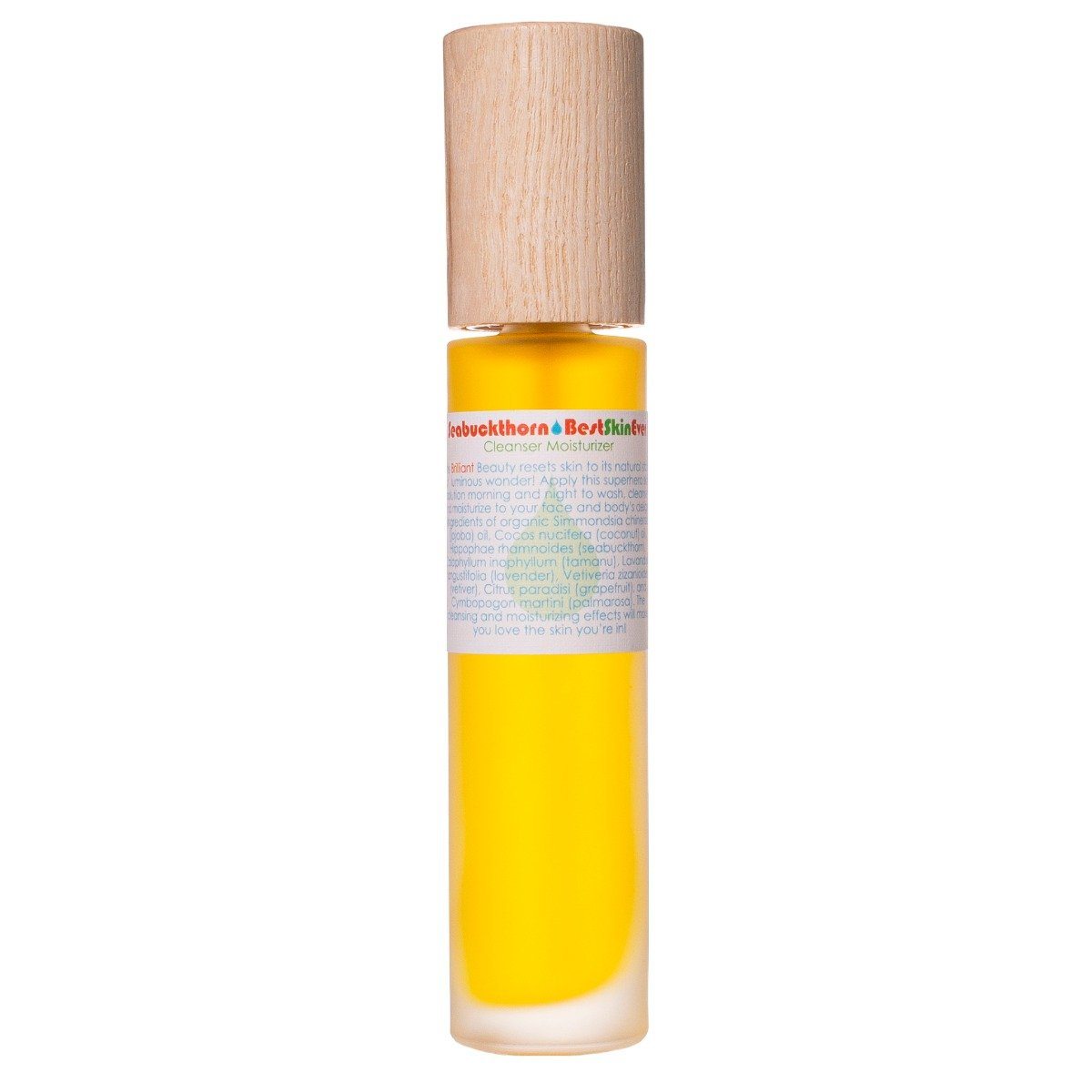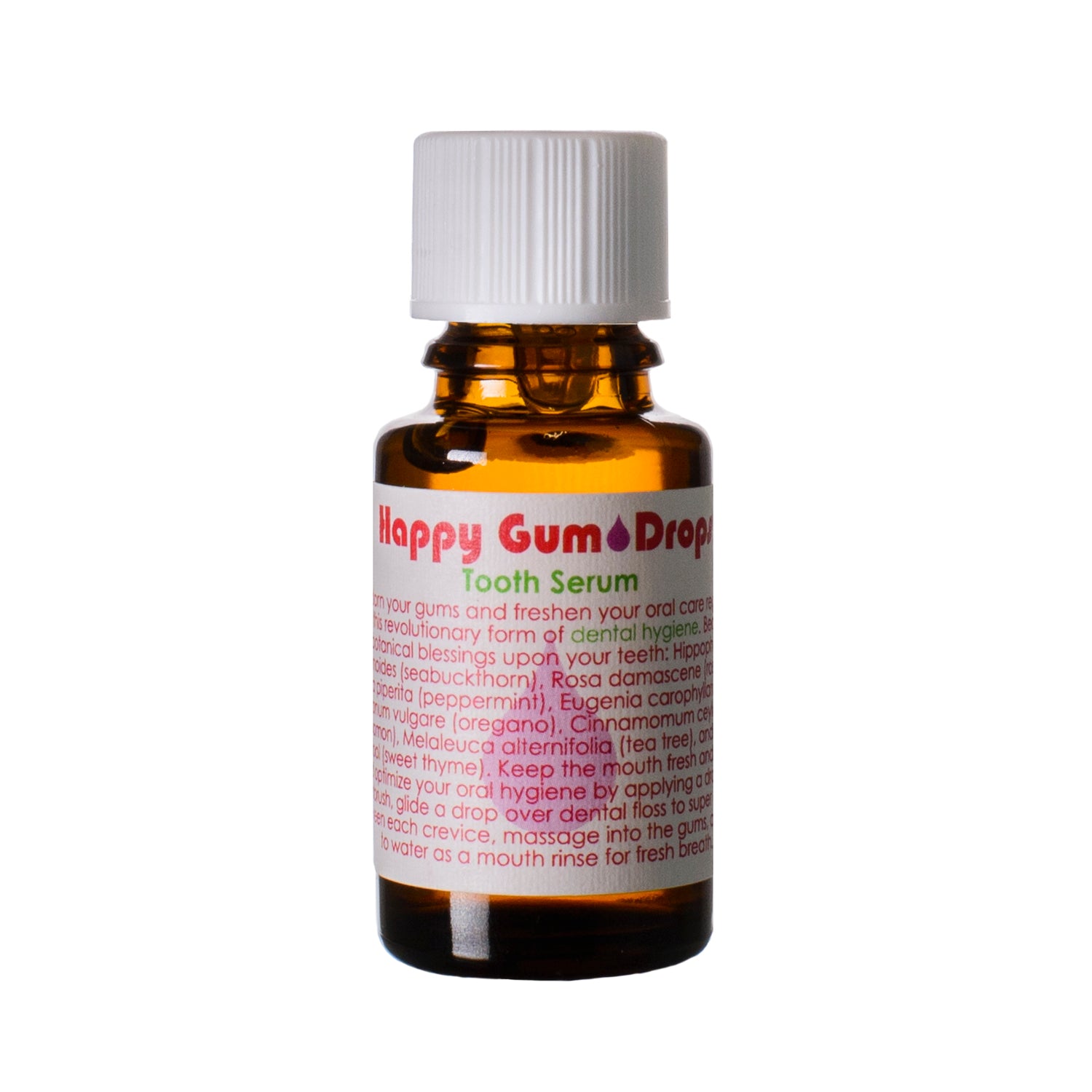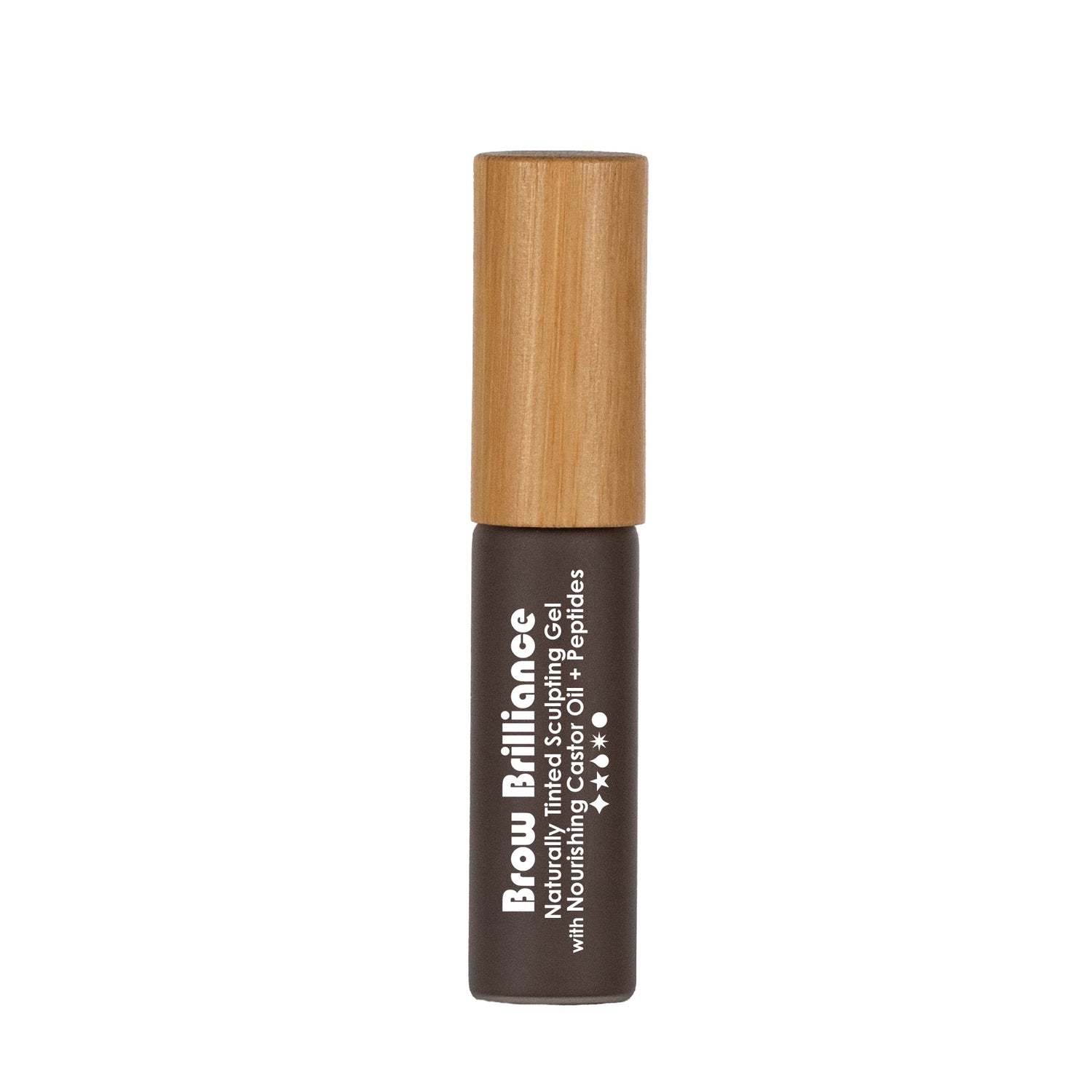Hand Washing: Health is in Your Hands
It is cold and flu season, and handwashing signs such as “Clean Hands Save Lives” are popping up everywhere. The Centers for Disease Control estimates that 80% of infections are transmitted by hands:
• The bacteria that cause diarrhea, pneumonia, skin and eye infections, and infectious disease are often passed along by hand.
• Norovirus, the most prevalent pathogen in foodborne illness, lives and thrives in the restroom. The path to norovirus contamination and illness is feces to hand to mouth and/or food.
• MRSA is often found on computer keyboards and under fingernails. MSRA bacteria are so dangerous because they are resistant to most antibiotics.
Good hand hygiene is frequently called the “do-it-yourself vaccine” because this simple act can help protect you and your family from infection and disease.
A thorough hand washing reduces transient bacteria on the hands and prevents pathogenic bacteria from building biofilm under the fingernails. It also breaks the illness chain by preventing hand to hand transmission.
Handwashing How To
Hand washing is easy, right? Wet. Lather. Rinse. Dry. What else is there to know? There is a little bit of strategy to the best hand washing protocol. It is the mechanical action of hand washing, (versus the products used), that removes the most germs. The friction created by rubbing your hands together breaks up and removes the biofilms on the skin and nails that house pathogenic bacteria. The CDC recommends rubbing soapy hands together for at least 20 seconds, which is the time it takes to sing the Happy Birthday song twice. Don’t forget to rub the tops of your hands and fingers!
Skip the anti-bacterial soaps, sprays, and gels and stick with simple, pure soap. In a study comparing handwashing products, volunteers washed their hands with regular soap, antibacterial liquid soap, alcohol-based hand gel, regular soap plus an alcohol gel, or regular soap plus a nailbrush. Regular soap plus a nailbrush eliminated the most germs. The alcohol anti-bacterial gel killed the fewest germs. (Read more the problems with anti-bacterial soaps and gels in the Hype Free Hands section of Skin Type Hype. )
A nailbrush is a great tool for when you need a deeper clean. A nailbrush with natural bristles is non-absorbent and flexible enough to gently reach the dirt and pathogens that get trapped under the nails, in the nail bed and in the cuticles. Similar to brushing your teeth, aggressive brushing is not needed to break up biofilms and get the hands clean. Also similar to taking care of teeth, tea tree is great for a thorough brushing of the nails. Simply add a couple of drops to your sudsy nail brush and scrub underneath the nails.
Avoid nailbrushes that use staples to attach the bristles to the handle because it creates little pockets that are a good hiding place for germs and hard to keep clean. It is a good idea to sterilize your nailbrush just as you would your toothbrush. You can dip the nailbrush in hydrogen peroxide or run it through the dishwasher to keep the brush hygienic.
Five Finger Tips
Here are five quick tips to keep your fingertips happy and healthy.
• Keep nails short. They are easier to clean and provide a less hospitable harbor for pathogens.
• Avoid artificial nails. They provide a friendly shelter for pathogens and damage the health of nails.
• Care for your cuticles with our Cuticle Care Oil; rough, cracked cuticles are painful and provide and easy entry for germs. Using avoiding synthetic soaps, dish soaps and lotions as these will damage the hands and cuticles delicate skin microbiome.
• Before gardening or painting, drag your fingernails across a pure bar soap to fill in the little space under the nails and blocks unwanted items from lodging under there.
• When soap and water are not possible or practical, a DIY botanical hand cleanser can keep you clean. All essential oils are botanicalbiotics, so combine 1 part of your favorite essential oil (for example tea tree, lavender, frankincense, eucalyptus) with 3 parts biodynamic organic grape alcohol or organic vodka. Fill a small spritzer bottle, or recycle one of our 5ml perfume atomizers and shake the bottle to distribute the plant oils before use. • A natural “French Manicure” with tea tree essential oil: make longer nails extra clean, bright and white by applying one drop of tea tree under each freshly scrubbed nail. This keeps that area under the nail tidy and makes nails look extra healthy.
Clean Hands and a Pure Heart
Both Lady Macbeth and Pontius Pilate attempted to scrub from their souls the germs of guilt and blame by washing their hands. These infamous hand-washers reveal our innate physical-moral-emotional axis that makes us yearn for a shower after witnessing or experiencing something disturbing.
Many spiritual and religious traditions employ washing as a conceptual metaphor for decontaminating, cleansing, and renewing the soul, and psychologists seem to concur. In a literature review entitled “Wiping the Slate Clean,” psychologists concluded, “As you use water and soap to remove dirt and contaminants, may you also be removing psychological residues of your past? A growing body of research suggests so.”
Consider consecrating your handwashing as a sacred ritual with beautiful botanicals and come away with cleans hands and a clean heart.
__
Nadine Artemis is author of Renegade Beauty: Reveal and Revive Your Natural Radiance and Holistic Dental Care: The Complete Guide to Healthy Teeth and Gums, a frequent commentator on health and beauty for media outlets, and her products have received rave reviews in the New York Times, the National Post, and the Hollywood Reporter. Described by Alanis Morissette as “a true-sense visionary,” Nadine has formulated a stunning collection of rare and special botanical compounds. Her healing creations, along with her concept of Renegade Beauty, encourages effortlessness and inspires people to rethink conventional notions of beauty and wellness. http://www.abc.net.au/news/2005-06-07/super-bacteria-live-on-sheets-fingernails-study/1587380 http://www.nytimes.com/2000/03/24/us/study-links-bacteria-long-nails-and-baby-deaths.html http://www.ncbi.nlm.nih.gov/pubmed/10968715 http://www.ncbi.nlm.nih.gov/pubmed/14672227 http://cdp.sagepub.com/content/20/5/307.full



